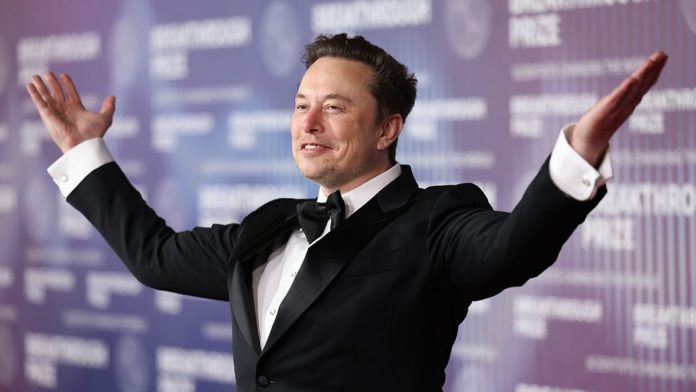Silicon Valley made its mark in Washington, D.C. this week with a group of young engineers seemingly taking the reins of the government. According to a Wired report, Elon Musk has chosen at least six engineers, with the oldest being reportedly 24, to help him manage his Department of Government Efficiency (DOGE).
The group’s secrecy and the inexperience of the identified engineers have raised concerns among Washington insiders. Senate Minority Leader Chuck Schumer condemned the unelected, secretive group’s potential influence in the executive branch.
The young age of the engineers has sparked curiosity and mystery, as their minimal digital footprint and avoidance of media attention have left the public wondering about their identities and motives. Elon Musk has even gone as far as to claim that revealing their names is akin to doxxing, labeling it as a crime.
One of these enigmatic figures, Luke Farritor, a 21-year-old computer science major from the University of Nebraska-Lincoln, shared his experiences working on the Vesuvius Challenge with me in late 2023. This challenge, led by AI investor Nat Friedman, aimed to use artificial intelligence to decipher ancient scrolls. Farritor, a Thiel Fellow, highlighted the transformative power of technology in tackling longstanding problems.
“We’re here to help”
Farritor’s passion for technology led him to intern at SpaceX, where he worked on the Starship launch pad software, following in his father’s footsteps who is a professor in mechanical engineering. He recounted his dedication to facilitating Starship launches during his internship, emphasizing the excitement and hard work involved.
Intrigued by the mystery of the Vesuvius scrolls, Farritor dove into creating software to decode the charred documents, driven by his fascination with ancient civilizations. His efforts eventually paid off, leading him and his team to win the grand prize in the challenge.
Despite his initial plans post-Vesuvius Challenge, Farritor now finds himself in a different role, with reports suggesting his involvement in government affairs. His experiences during the challenge, especially in navigating conflicts with university bureaucracy, taught him the importance of utilizing technology for collective good.
Farritor’s outlook on technology and its potential for positive impact remains unwavering, emphasizing the importance of balance and goodwill in complex human interactions.






